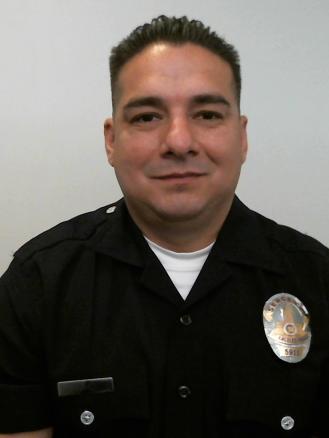The Civil War and subsequent 13th Amendment put an end to American chattel slavery. Briefly it seemed possible that the occupying federal government might grant formerly enslaved people the means to control their own labor, reap their own profits, to some extent, e.g. by giving them actual productive land. But this hope died with the end of Reconstruction in 1877 and from that point on the formerly enslaved were once again subject to whatever methods of exploitation the local ruling classes could cook up, as long as they fell short of literal chattel slavery.1
And they cooked up with all kinds of ways to continue to exploit their former slaves. They passed vagrancy laws making it illegal not to have an employer, laws requiring convicts to work for the state, laws that ensured a steady supply of convicts who could be forced to work, laws regulating sharecropping in ways that made it pragmatically impossible for workers to get ahead financially, and so on. Literal American slavery ended in 1865 but the exploitation of workers rolled on. Northern states already had a great deal of experience exploiting free workers, and the ruling classes of the former slave states ended up both adopting and sharing a lot of proven techniques over time, to the point where today the entire United States uses essentially the same methods.
Continue reading

